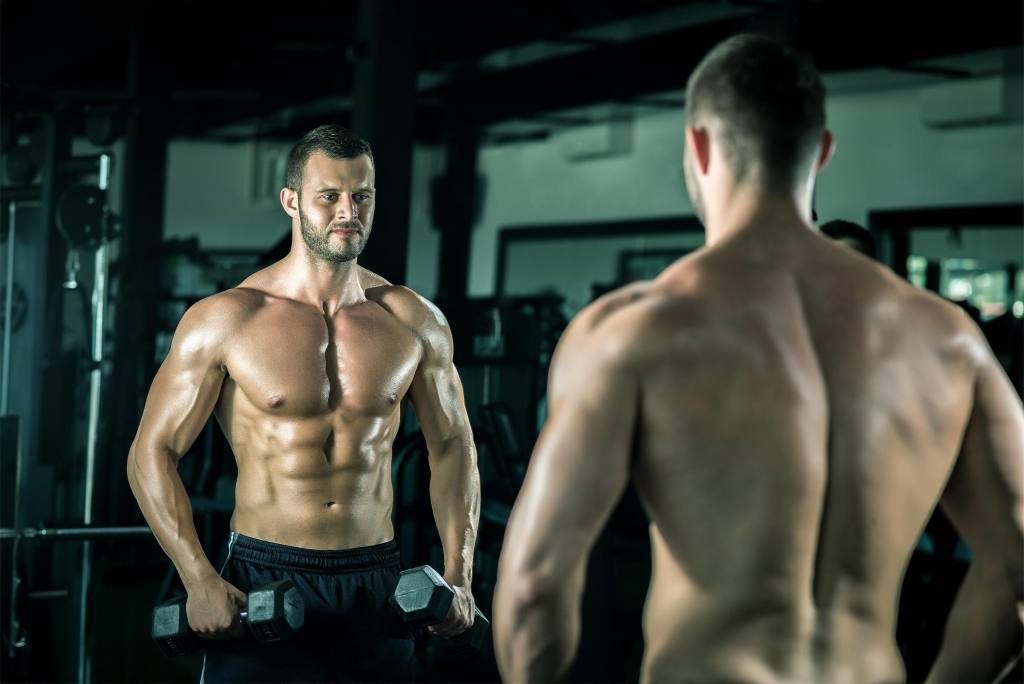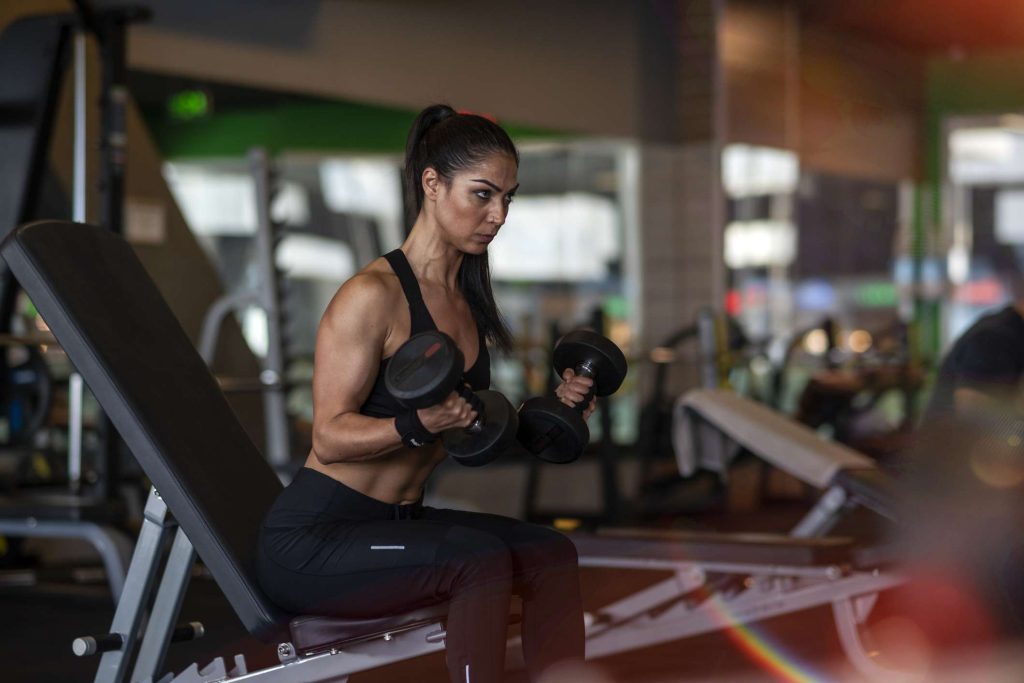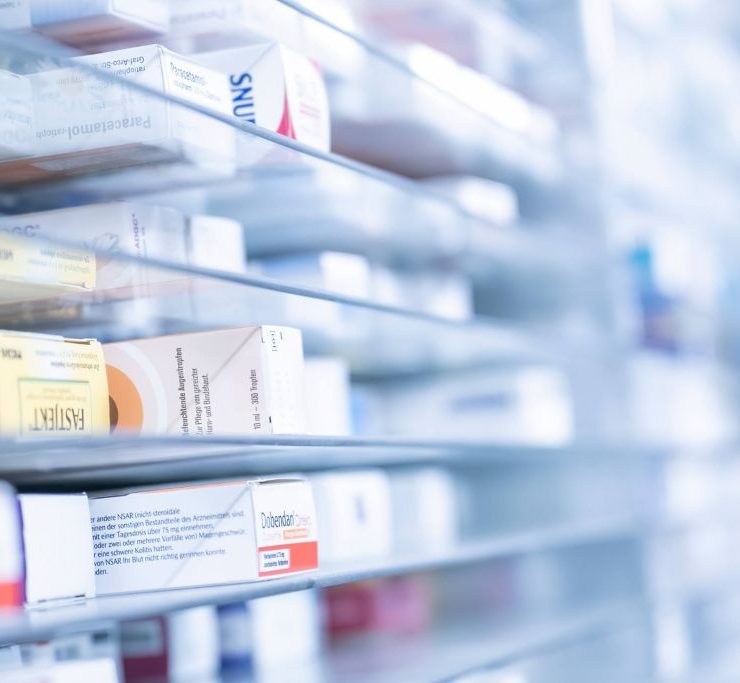The Role of Protein in Muscle Building

When it comes to muscle building, protein often takes center stage in discussions about diet and exercise. But why is this macronutrient so crucial for those aiming to enhance their muscle mass? In this article, we’ll delve into the science behind protein’s role in muscle building and provide actionable insights on how to optimize protein intake for maximum gains.
Understanding Protein’s Role in Muscle Building
The Science Behind Protein and Muscle Growth
Protein is composed of amino acids, which are the building blocks of muscle tissue. When you engage in resistance training or high-intensity exercise, you create small tears in your muscle fibers. The body repairs these fibers by synthesizing new muscle protein, a process that is dependent on adequate protein intake.
Essential Amino Acids: There are 20 different amino acids, nine of which are essential because the body cannot produce them on its own. These essential amino acids must be obtained through diet. Among these, leucine plays a particularly crucial role in muscle protein synthesis. Foods high in leucine, such as whey protein, chicken, and soy, are therefore especially beneficial for muscle growth.
Protein Synthesis vs. Breakdown
Muscle protein synthesis (MPS) and muscle protein breakdown (MPB) are two opposing processes. For muscle growth to occur, MPS must exceed MPB. Consuming an adequate amount of protein ensures that your body has the necessary amino acids to support MPS, helping to create a positive muscle protein balance.
How Much Protein Do You Need?
The amount of protein needed varies depending on factors like age, sex, and activity level. For muscle building, a common recommendation is to consume between 1.6 to 2.2 grams of protein per kilogram of body weight per day. This range ensures that your body has sufficient protein to repair and build muscle tissue effectively.

Best Sources of Protein for Muscle Building
Animal-Based Proteins
Animal-based proteins are considered complete proteins because they contain all nine essential amino acids. Some excellent sources include:
- Chicken Breast: Lean and high in protein, chicken breast is a staple for muscle builders.
- Eggs: Packed with high-quality protein and essential amino acids, eggs are also versatile in meals.
- Fish: Salmon and tuna provide high-quality protein along with beneficial omega-3 fatty acids.
Plant-Based Proteins
For those who follow a vegetarian or vegan diet, plant-based proteins are crucial. While some plant proteins are not complete, combining different sources can ensure all essential amino acids are consumed. Consider:
- Legumes: Beans, lentils, and chickpeas are rich in protein and fiber.
- Quinoa: A complete protein, quinoa is an excellent grain alternative for muscle builders.
- Soy Products: Tofu and tempeh are complete proteins that can be included in various dishes.
Timing Your Protein Intake
Pre-Workout Nutrition
Consuming protein before your workout can provide your muscles with the necessary amino acids to reduce muscle damage and improve recovery. Aim to have a protein-rich snack or meal 1-2 hours before exercising.
Post-Workout Recovery
After a workout, your muscles are primed for nutrient absorption. Consuming protein within 30-60 minutes post-exercise can enhance muscle repair and growth. Combining protein with carbohydrates can also replenish glycogen stores and aid recovery.
Common Myths About Protein and Muscle Building
More Protein Equals More Muscle
While protein is essential, consuming excessive amounts won’t necessarily lead to more muscle gain. The body can only utilize a certain amount of protein for muscle synthesis at a time. Excess protein may be converted to energy or stored as fat.
Protein Supplements Are a Must
Whole foods should be the primary source of protein. While supplements like whey protein can be convenient and effective, they should not replace a balanced diet rich in diverse protein sources.
Practical Tips for Increasing Protein Intake
- Plan Your Meals: Include a source of protein in each meal and snack. This helps meet your daily protein goals and supports muscle repair throughout the day.
- Cook in Batches: Preparing protein-rich meals in advance can make it easier to maintain your dietary goals, especially on busy days.
- Use Protein-Rich Snacks: Incorporate snacks like Greek yogurt, protein bars, or nuts to help boost your protein intake between meals.
Conclusion
Protein plays a vital role in muscle building by providing the amino acids necessary for muscle repair and growth. Understanding how much protein you need and where to get it from can significantly impact your muscle-building efforts. By incorporating a variety of protein sources into your diet and timing your intake appropriately, you can optimize your muscle growth and achieve your fitness goals more effectively.
For personalized advice on protein intake and muscle building, consider consulting with a nutritionist or fitness coach. They can provide tailored recommendations based on your specific needs and goals.

